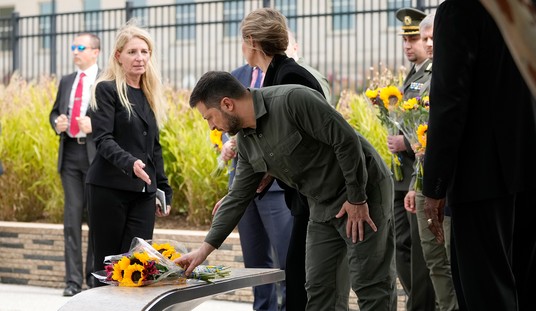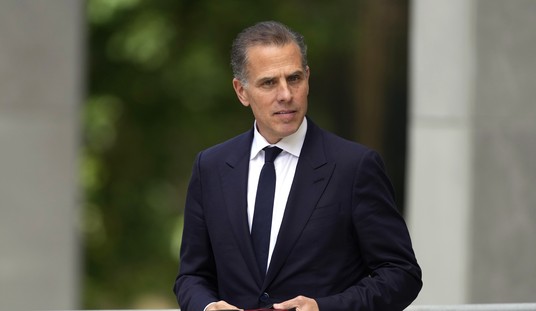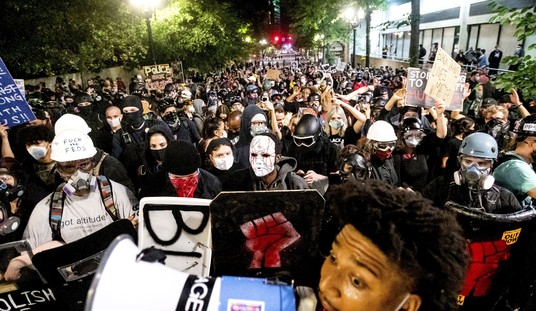Michael Yon has returned to Afghanistan to bring us more of his gripping reports from the front lines of the war on terror, and not surprisingly, his thoughts have turned to another writer who recently returned from the same place. In his first dispatch, Michael talks about the case of David Rohde, the New York Times reporter who managed to escape from the clutches of kidnappers more than seven months after he disappeared:
War correspondence must be one of the most dangerous jobs in the world. Among the journalists, photographers and writers of the world—of which there must be millions—the true war correspondents are the “special forces.” How many true war correspondents have been produced in this generation? The number must be limited to the dozens.
Faces change but the danger is constant. There is no way around it. Doing the job safely is impossible. Some say that the best way to avoid danger is to stay with the troops. This is completely false. I spent more time with U.S. troops in Iraq than any correspondent from any organization, and the same might also be true of British forces. The time with the troops has been far more dangerous than time spent unembedded. I’ve never been in a shootout in Iraq or Afghanistan other than those times with U.S. or British forces, in which case it would be impossible to remember all the firefights, bombs, sniper attacks, or all the dead bodies. The most dangerous work that one can do is to embed with our combat troops. Nothing else comes close.
Yet there is something particularly edgy about going alone, as David Rohde has done. Only our most highly trained soldiers go out in tiny numbers, and none, to my knowledge, go out the way correspondents do. When I have showed up at the front gates of U.S. or British bases, the soldiers tend to be astounded or even appalled. They can’t believe anyone would be dumb or crazy enough go out there without bristling guns, helicopter support, and armor. But again, the fact is, I have never been attacked while alone, but when I am with U.S. or British forces people all around me get hit and it’s only by the Grace of God that I haven’t been hit.
Not only is the job more dangerous than almost anything except being on the front lines as a soldier, but the correspondents often don’t get the recognition of it. Stephen Vincent paid with his life for reporting from the “Red Zone.” Many of us derided the habit of the global media of reporting the Iraq war from hotel rooms in the Green Zone and relying on stringers for the facts, when the stringers had their own agendas. The alternatives were either to embed with the troops, which got reporters access to the immediate stories, or to travel alone and dig for other stories. When Jill Carroll did the latter and got abducted, some of the same voices that criticized the Green Zone approach accused her of complicity in her own abduction. It’s pretty thankless, especially when the stories turn critical, as Michael can tell you from firsthand experience.
Michael chooses not to criticize the New York Times for keeping Rohde’s abduction quiet, although he notes (as did I) that they’re not very consistent on that point:
The New York Times and big media outlets are being blamed for suppressing the story and thereby giving special treatment to one of their own. It’s clear that they did give special treatment to one of their own. In fact, when police lose an officer, they also put special emphasis on the crime, and when soldiers lose one of their own, they also put special emphasis on rescue. Iraqi soldiers who helped us locate American soldiers were sometimes upset that we barely lifted a finger when their own were captured and brutally tortured. That the New York Times gave special treatment to one of its own is a fact. That the U.S. military does the same is a fact. Maybe it’s human nature.
Be sure to read it all. Michael has done a lot of thinking on this point. Also, don’t forget to hit Michael’s tip jar while you’re there, because all of his reporting is reader-supported. Michael is a true free-lancer, and one of the best war correspondents we have.







Join the conversation as a VIP Member